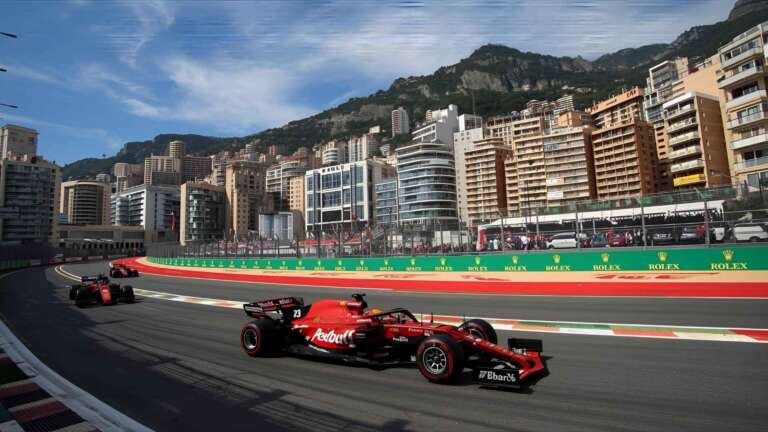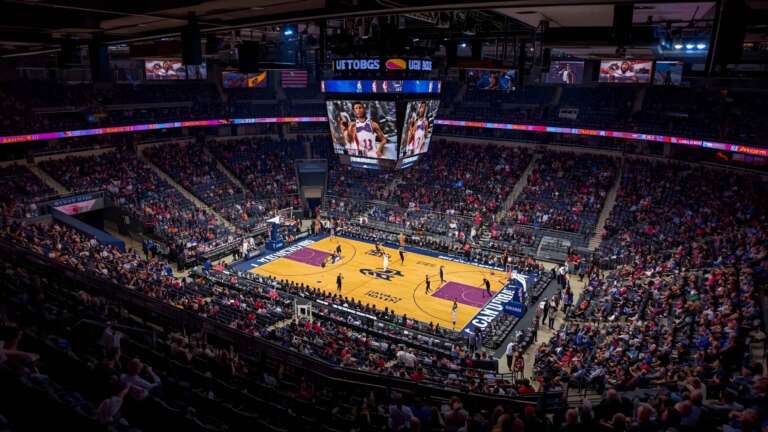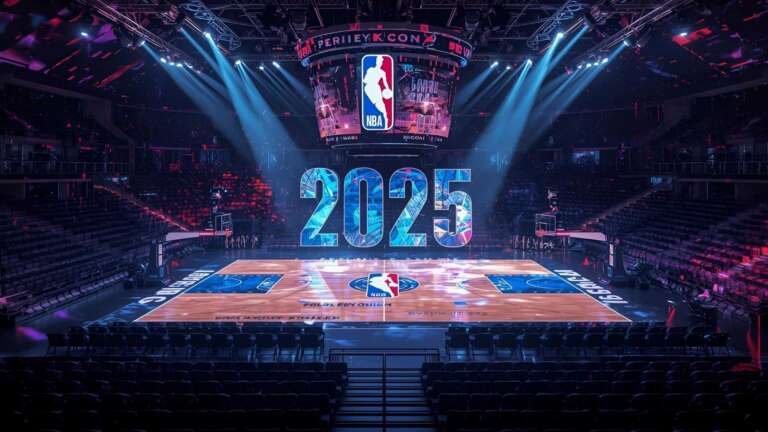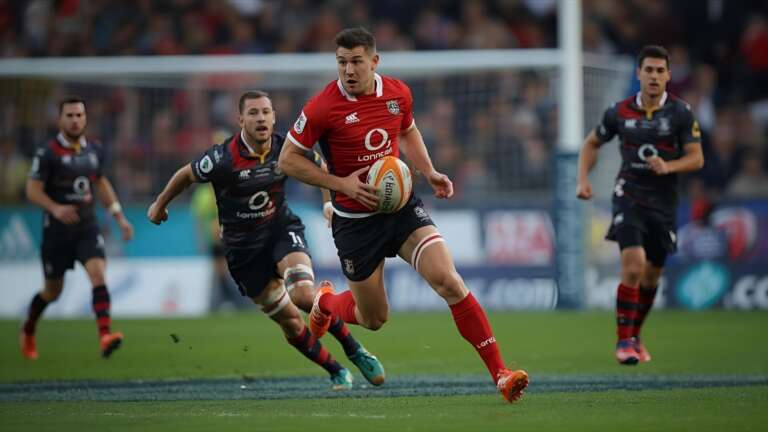Do Mega Sports Contracts make any difference to Team Sports?
Mega sports contracts make headlines today so often highlighting record-breaking contracts: billion-dollar deals in football, NBA supermax extensions, or astronomical baseball salaries. While these contracts reward talent, they also raise a bigger question: are mega-deals improving sports—or damaging them?The Upside of Mega-Contracts
Star players are the main attraction. Mega-contracts recognize their value, drive ticket sales, boost merchandise, and elevate a league’s global profile. Players dedicate their lives to their sport, and record salaries reflect the billions these industries generate.
The Downside of Mega-Contracts
But huge deals come with consequences. They can drain a team’s budget, making it harder to build balanced rosters. In leagues with salary caps, one mega-deal often forces franchises to sacrifice depth. Worse, long-term contracts sometimes tie teams to aging stars whose performance no longer matches their paycheck.
The Bigger Picture
There’s also a cultural shift: mega-contracts change fan expectations. When a player signs for $200 million, anything short of a championship feels like failure. The pressure mounts, and team chemistry sometimes suffers.
The Debate
At their best, mega-contracts reward greatness and give fans unforgettable talent on the field. At their worst, they distort competitiveness and fuel inequality between rich and small-market teams.
👉 Do mega-deals elevate the game, or are they pricing sports out of balance?









